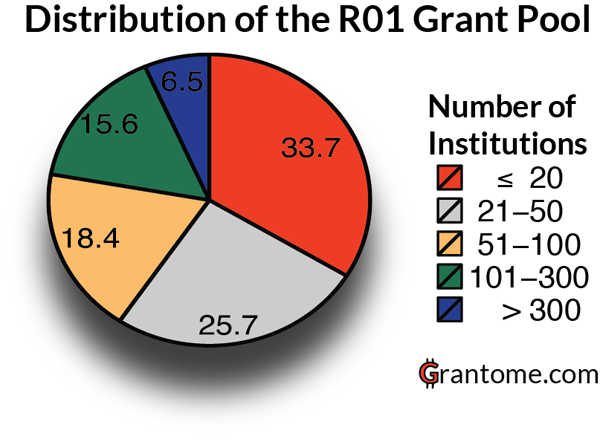cellsignaling
Full Member
- Joined
- May 10, 2019
- Messages
- 26
- Reaction score
- 27
As I look ahead to having to make an important decision in the coming months, I am curious how far ahead in my career I should be looking at when deciding on an MD/PhD program.
I know how hard it is to establish a lab of your own and be successful in academia, even as a physician scientist. How important of a role does your MD/PHD training play in career success down the line? Is successful and productive residency/ postdoctoral training more important in securing a faculty position?
Should one consider an institutions ranking in the decision making process or focus more on happiness and fit?
Would greatly appreciate any advice or thoughts on how to pick an MD/PhD program, especially from people a few years out or finishing their MD/PhD
I know how hard it is to establish a lab of your own and be successful in academia, even as a physician scientist. How important of a role does your MD/PHD training play in career success down the line? Is successful and productive residency/ postdoctoral training more important in securing a faculty position?
Should one consider an institutions ranking in the decision making process or focus more on happiness and fit?
Would greatly appreciate any advice or thoughts on how to pick an MD/PhD program, especially from people a few years out or finishing their MD/PhD
